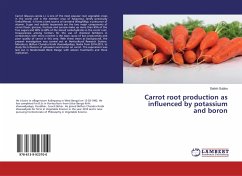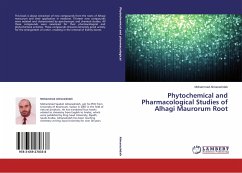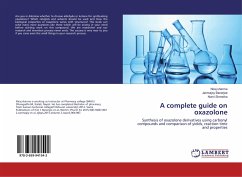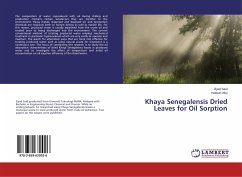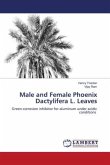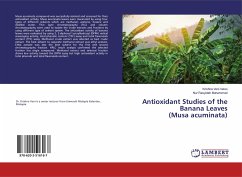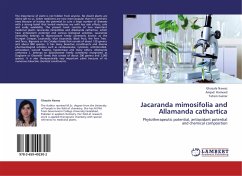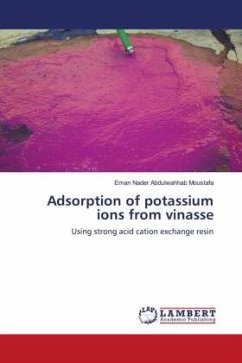Carrot (Daucus carota L.) is one of the most popular root vegetable crops in the world and is the member crop of Apiaceous family (previously Umbclliferae). It forms a best source of carotene (l0mg/l00g), a precursor of vitamin. Sugar and volatile terpenoids are the two major components of carrot flavor, glucose, fructose and sucrose make up more than 95% of the free sugars and 40% to 60% of the stored carbohydrates in the carrot root. Unawareness among farmers for the use of chemical fertilizers in combination with micro nutrient is the main cause of low productivity and poor quality of carrot in this area. With these views as background, the present investigation was carried out at Horticultural Research Station, Mondouri, Bidhan Chandra Krishi Viswavidyalaya, Nadia from 2014-2015, to study the Influence of potassium and boron on carrot. The experiment was laid out in Randomized Block Design with sixteen treatments and three replication.
Bitte wählen Sie Ihr Anliegen aus.
Rechnungen
Retourenschein anfordern
Bestellstatus
Storno

